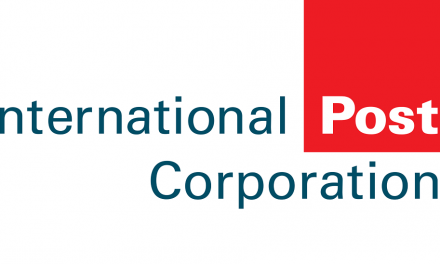
Paper-free pilot scheme agreed
Participants in the International Post Corporation’s (IPC) Future of Mail by Air programme have agreed to pilot an initiative in 2010 to go paper-free (No Delivery Bill) on selected routes so that 10% of the pieces handled will be paper-free for current partners and to replace paper by Electronic Data Interchange (EDI) messages. Ross Hinds, IPC director of operations and technology, made the announcement during the International Air Transport Association (IATA) World Cargo Symposium in Vancouver, Canada.
Postal and airline cargo executives taking part in the IATA Air Mail Track have been addressing the structural transition from single-piece letter mail business to packets and parcels business – a key issue in the current postal environment, where data indicate that although letter mail volumes are declining, parcel and mail packet levels have been increasing. Indeed, executives participating in the Air Mail Track say they foresee double-digit growth in packets and parcels volumes.
This is important not only for posts, but also for airlines that help transport these mail products around the world. Hinds, who chairs the IATA Air Mail Track, stated that the IPC-moderated discussions have helped lead postal and airline executives to commit to work toward paper-free transport and accounting methods in airmail transport.
Jörgen Van Mook, IPC’s manager of operations planning, reported at the conference that airlines acknowledge that airmail is a growing business that they should be investing in to take advantage of the growing revenue potential. Van Mook said that going paper-free means posts and airlines can get rid of costly and cumbersome error-prone paper-based handling and manual data processing, and move away from wasteful printing of tons of paper.
IPC, working together with the Universal Postal Union (UPU) and IATA, has developed a set of standards and technology that helps posts and airlines coordinate the exchange of key data to enable near real-time tracking of mail in transport. Using EDI messaging, posts and airlines can send and receive advance notification of expected mail volumes, which allows posts and airlines to better manage revenues and operations, meet quality targets, improve efficiency and reduce costs.
IPC’s work in EDI messaging is part of its Future of Mail by Air initiative, which is working with airline and postal executives to find solutions that will benefit both industries. The initiative aims to transfer the traditional business processes between posts and passenger carriers into a professional customer-supplier relationship and over time even into a business partnership, which helps to improve visibility of mail in transport at a lower overall operating cost.













